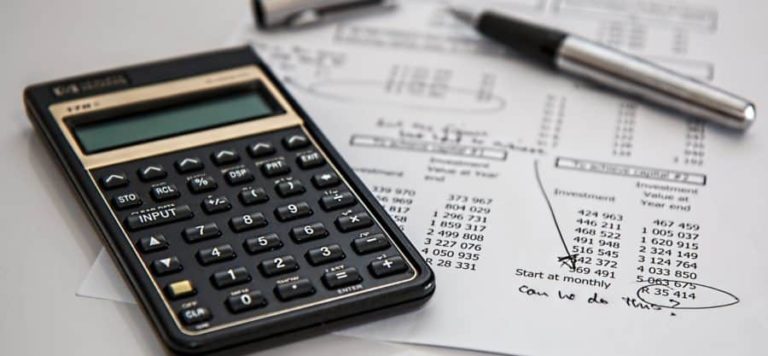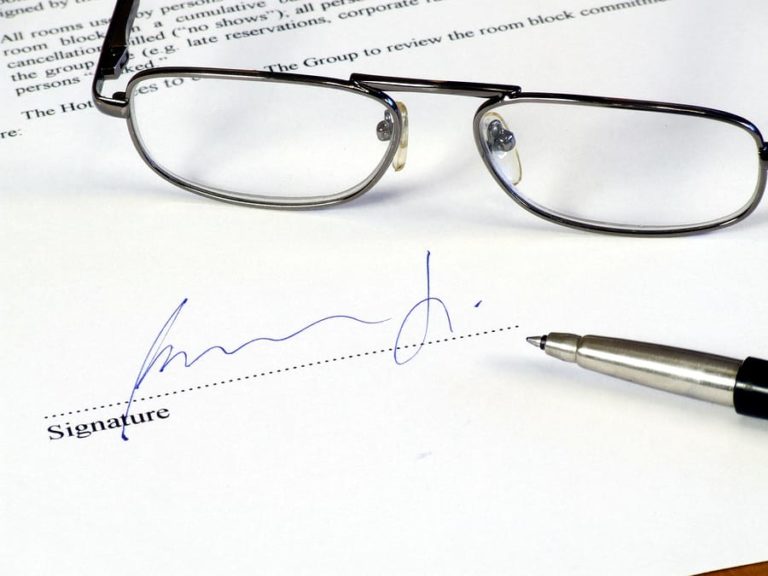
I get asked this question often, so I think it is worth putting together some industry information as a reference point for business owners whether they are thinking about selling a small business or buying a small business.
According to the International Business Broker Association (IBBA), a business broker is “a professional intermediary dedicated to serving clients and customers who desire to sell or acquire businesses” (IBBA Glossary). To simplify this, think about the role of a real estate agent in the process of buying or selling a house.
While a real estate agent deals with a non-confidential transaction involving a single asset, your home, a business broker’s role is much more complicated as it involves the sale of an ongoing business operation (including all of the assets of the business, equipment, inventory, goodwill for the business operations and may include the transfer of real estate whether owned or leased). To further complicate this process, during the sale of an ongoing business operation it is of utmost importance to maintain confidentiality about the business being for sale.
The IBBA defines 5 key benefits to using a business broker as an intermediary when selling or buying a small business.
1. “A business broker is committed to providing professional services in a knowledgeable, ethical and timely fashion” (IBBA). Experience is one of the core foundations a business broker brings to the transaction in the form of knowledge about business operations, the process of selling a business, and the current market conditions and comparable business for sale opportunity. Coupling this with ethics and timely management of the process ensures the transaction is as smooth as possible for both the business owner as the seller and for the buyer who may need to navigate financing options and due diligence for the first time in a small business transaction.

2. “A business broker provides information and business advice to sellers and buyers” (IBBA). The experience a business broker brings to the transaction is not only limited to the process of selling a business but also often includes experience in business operations, management, and sometimes business turn around experience. This experience can offer outside insights to improving the business operations through a consulting role to increase the value of the business being sold.
3. A business broker “maintains communications between the parties” involved in a business transaction (IBBA). A business owner needs to maintain their focus throughout the process of selling their business on their core responsibility of running the day to day operations of their business. This will ensure the business does not slow down, sales don’t slip, and customers, supplies, and employees don’t get leery about the stability or future of the business. The role of the business broker is to facilitate communication between the parties involved in the transaction to keep things moving forward through marketing, showings, negotiations, due diligence, and closing. The parties will likely include the business owner as the seller, the seller’s advisors (attorney, accountant, financial advisor), prospective buyers, the buyer’s advisors (attorney, accountant, financial advisor), and possibly a lender involved in financing the transaction.
4. A business broker “coordinates the negotiations” of price and terms for the transaction (IBBA). The business broker brings value to this portion of the transaction through the initial business valuation, facilitating negotiations and structuring the terms of the deal. Price is not the only component to selling or buying a small business. Often, transactions involve some combination of cash at closing, a buyer down payment, a Small Business Administration (SBA) loan, seller financing, and may include a earn out or performance-based component of seller financing for businesses seeking a higher than market value based on future projections of performance. Other considerations in the terms of a deal typically include a transition period where the seller helps transitions operations to the buyer and a non-compete agreement for the seller to protect the buyer’s new business interest.

5. A business broker facilitates the “closing processes to complete desired transactions” involving the buying and selling of a small business (IBBA). Once the terms of a deal are negotiated and a purchase agreement is executed between the buyer and seller, the process of due diligence begins. This is the period of time in which the buyer of a business will conduct all necessary review of the business operations, analysis of the financials, verification of the asset list and inventory, any real estate appraisals or lease transfers, and remove any other contingencies listed in the purchase agreement to close the transaction. A business broker is vital to facilitating this process to keep the deal moving toward an agreed upon closing date.

Contact Nick Fares at NEO Business Advisors to learn more about how a business broker can help you maximize your value when selling your small business and/or guide you through the process of buying a small business.
Nick Fares
NEO Business Advisors
330-283-3900
www.NEOBusinessAdvisors.com
